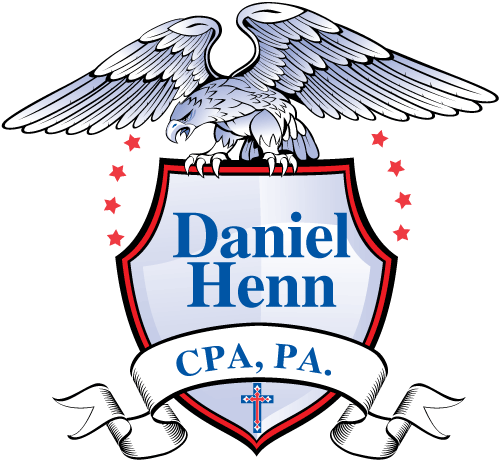The IRS recently released the following tips for students who start to work over the summer. Use these tips to make sure that your student is aware of any tax implications so they can set aside the necessary funds (or you as the parent are aware of the cash you may pay on their behalf, but this is a great opportunity to give your child an important money lesson).
1) In most cases, students are generally treated as employees. They will be required to fill out a Form W-4 for the current year. Your student can write the word “EXEMPT” on line 7 and not have any federal withholding taken, but only if they meet the following requirements:
a) For the prior tax year, you had a right to a refund of all federal income tax withheld because you had no tax liability.
b) For the current tax year, you expect a refund of all federal income tax withheld because you expect to have no tax liability (this would mean that your income is going to be less than the standard deduction for an individual, which is $6,300 for 2015)
c) Finally, your student cannot have more than $1,050 in total income and more than $350 in unearned income (interest, dividends, capital gain income, royalties, rents, etc.).
So, if they have minimal to no unearned income but less than $6,300 in total income, then they can claim “EXEMPT”
2) If your student is going to be treated as an independent contractor (i.e. receiving a 1099-MISC), they will not have any federal withholding taken. They need to keep track of any business expenses they incur in which they do not get fully reimbursed. If they pay for office supplies or postage or even incur business mileage that they do not get reimbursed by the company, they can use these expenses to offset the income. In the case of business mileage, the 2015 standard mileage rate is .575¢ per mile. If the company does not reimburse the full amount, your student can take a deduction for the difference. For example, if they company reimburses .31¢ per mile, they can deduct .365¢ per mile.
3) Also, if they receive a 1099-MISC, they will be subject to self-employment tax (SE Tax) on the net income (income less expenses) if the total exceeds $400 for the year. The SE Tax is generally 15.3% of the net income. We usually tell our clients to withhold (or set aside) 30% of the gross income (this represents the total amount paid to your student from the company) received for taxes. Even if this income does not exceed the standard deduction of $6,300, they will still owe the SE Tax.
4) Tip income is reportable income and it is taxable. Even if it is paid in cash. You must report $20 or more in cash tips in any one month to your employer as they have reporting to the IRS they need to complete.
Keep in mind that just because an amount is paid in cash, does not mean that it is not taxable. Even babysitting, being a youth sports referee, or mowing lawns is reportable income and taxes many need to be paid on this income. Teach your child how the tax system works and why it is important.
NOTE: If your student has federal withholding on their W-2 or 1099-MISC, they will need to file their own tax return within 3 years of the original due date for that year in order to receive any potential refund. Should you have any questions, please do not hesitate to contact one of the our tax professionals.
Daniel Henn, CPA is a local certified public accountant. His firm specializes in IRS Collections Representation, IRS Audit representation, year-round tax planning and tax preparation in Rockledge. You can contact him at (321) 684-7800 or at dan@danhenncpa.com
Student Pizza Delivery Photo by stockimages. Courtesy of FreeDigitalPhotos.net
